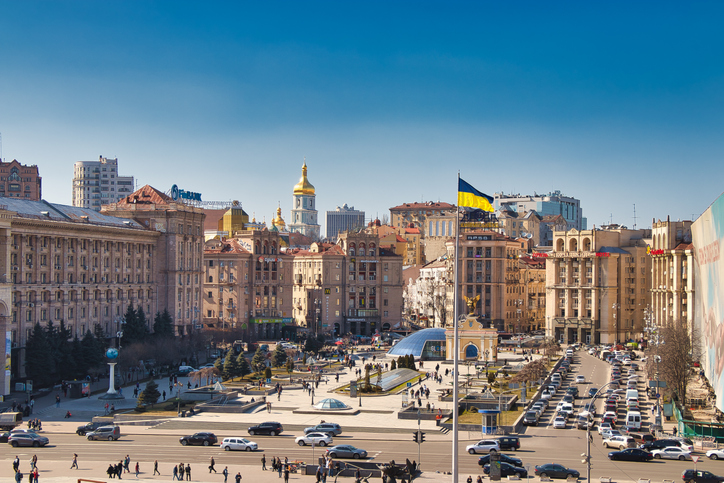In a first, Ukraine claims to have captured a North Korean soldier who was fighting alongside Russian forces in the Kursk region. A photo of the purportedly captured North Korean soldier, who appeared to have sustained injuries, circulated on Telegram. The soldier was captured alive but has since died from his wounds. He is believed to be the first North Korean prisoner of war captured since Pyongyang deployed forces to support Russia’s war in Ukraine.
Ukraine’s military-focussed news outlet Militarnyi reported on Thursday that Ukraine’s forces captured the soldier from Kursk, without specifying when the incident occurred. Ukraine came to partially occupy Russia’s Kursk region in August after it launched an offensive that surprised Moscow and Kyiv’s allies alike.
Although Seoul believes about a thousand North Korean soldiers have died in combat so far, Kyiv claims that Pyongyang has suffered more than 3 thousand casualties.
In recent days, Ukraine has published information about articles seized from North Korean soldiers who died in combat in Kursk region. A diagram drawn on a piece of paper explains how to shoot down a Ukrainian drone. Another shows a hand-written letter that was found on the dead soldier’s person.
A South Korean lawmaker, Lee Seong-kweun, attributes the heavy losses to the lack of experience by North Korean troops in drone warfare and unfamiliarity with the open terrain where they are taking part in the battle. He says Pyongyang’s soldiers are nothing but cannon fodder.
For its part, North Korea is projecting its troop deployment as an opportunity to train its forces in modern warfare, get valuable combat experience and also help Moscow in its war effort in return for nuclear and missile technologies to improve its deterrence against South Korea and its Western allies. But neither Russia nor North Korea have made any comment about troop deployments or casualties so far.
North Korea is reported to have sent more than 10 thousand troops to Russia. Ukraine’s President Volodymyr Zelenskyy says it amounts to a new escalation in the nearly 34-month-old war. “Russia drew one more country into this war, to the fullest extent. If this is not considered to be escalation, then what is escalation which so many people talked about? It is Putin who makes steps that expand and prolong this war. It is him who pushes back the possibility of peace. He wants to add more problems for the world in Asia. That’s why Russians are teaching modern war to North Korea,” says Zelenskyy.
NATO chief Mark Rutte airs a similar sentiment. “Well, North Korean troops being deployed in Russia against Ukraine, this is a significant escalation and it makes us even more focused and determined to make sure that Ukraine has what it needs to fight off the Russians, including the North Koreans.”
North Korea maintains that its military alliance with Russia is proving effective in deterring the U.S. and its quote-unquote vassal forces, denouncing a recent statement by Washington, D.C. and allies against growing ties between Pyongyang and Moscow. North Korea and Russia signed a mutual defence treaty in June. It followed Kim Jong-un’s visit to Russia in September 2023. In November 2024, Russia’s Defence Minister Andrei Belousov met Kim in Pyongyang. Belousov says, “The results of the historic meeting between President of the Russian Federation Vladimir Vladimirovich Putin and Chairman of State Affairs of the D.P.R.K. Kim Jong-un in Pyongyang in June this year demonstrated the highest level of mutual trust. As well as the mutual desire of our countries to further expand mutually beneficial cooperation in a difficult international situation.”
A South Korean military official says North Korea could dispatch more reinforcements to Russia, including rocket launchers and self-propelled artillery. In a tit-for-tat, South Korea is mulling sending arms to Ukraine. Since the Korean War ended in 1953 with an armistice, the two Koreas have remained technically at war. It seems there’s no end to tensions on the Korean peninsula, just as there is no resolution in sight for the Ukraine-Russia conflict.














